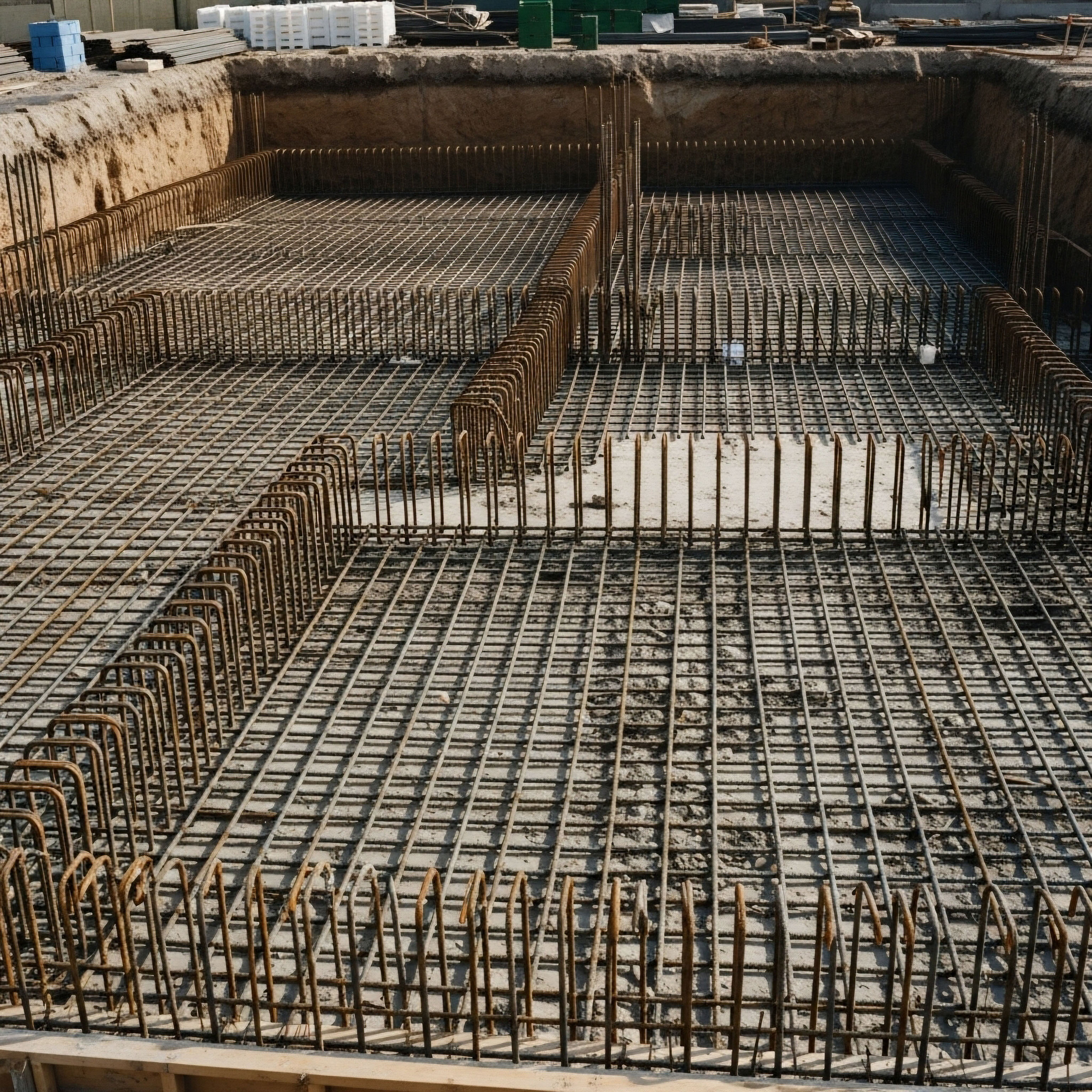How Does Anastrozole Use Impact Estrogen’s Role in Male Longevity Markers?

The impact of Anastrozole is a precise modulation of estrogen synthesis to safeguard anabolic gains while protecting essential skeletal and vascular signaling.
HRTioOctober 15, 2025







